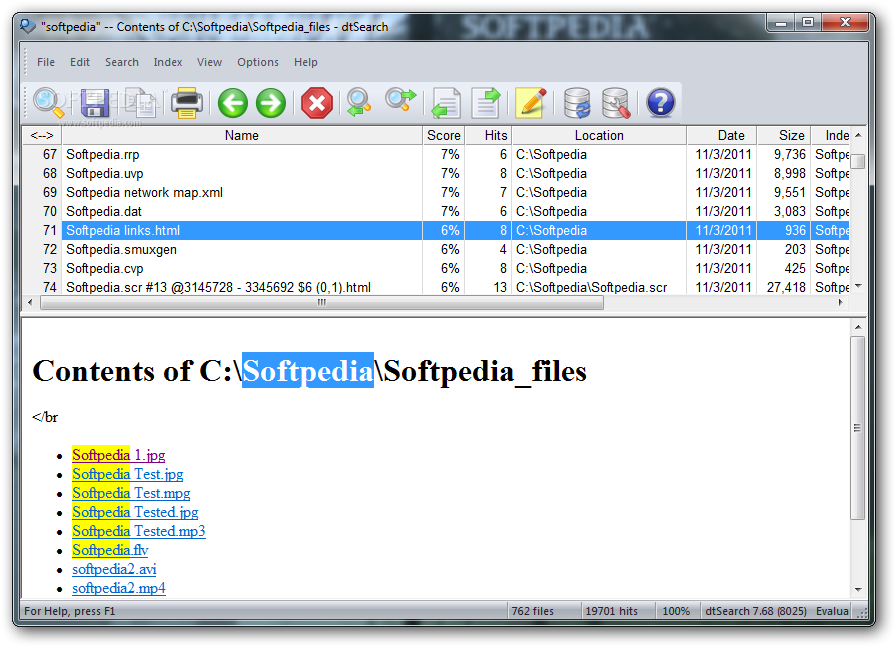

Learn how to optimize your keyword search terms with proven best practices and expert tips in this 4-week course. Despite these findings and judicial statements about the inefficacy of keyword searching in eDiscovery, the prevailing practice continues to be search, process, review, produce. Thirty years and a many conversation later, the majority of cases we work continue to rely on keyword searching as the primary means by which to reduce document collections by identifying a relevant, document-review set. In 1985, the Blair and Maron study, found that keywords alone identified less than 20 percent of the relevant documents in their test case of roughly 350,000 pages of text. If you have defined both a promoted result and a bookmark for the same content (same URL), only the bookmark will appear on the All tab.This post explains four best practices for developing better functioning keywords: visibility, dictionary access, iteration/testing, and keyword expansion via concept analytics. But when users search from the SharePoint start page, they might see promoted results on the All tab. For example, when users search from the search box on a hub site, they're only searching in the sites associated with the hub and therefore they don't see any promoted results even if they are on the All tab. When you create a promoted result at the organization level, users might also see it on the All tab on the Microsoft Search results page if they searched across the whole organization.

The classic search experience lets admins define promoted results to help users find important content, while the Microsoft Search experience uses bookmarks to achieve the same. If you temporarily remove a search result, the result is removed in both search experiences. Furthermore, ensure that the Search Center site collection exists and that all users have read access to it. Depending on your tenant, this URL is "/search" or "/search/pages". If you change the default result source, both search experiences are impacted.ĭepending on the search scenario, some Microsoft Search features might not work if the classic global Search Center URL is not set to point to the URL of the default classic Search Center. The modern search experience only shows results from the default result source.

To learn more, see Manage search verticals. The search admin can use Microsoft search verticals instead. As a search admin you can tailor Microsoft Search to your organization so it's easy for your users to find often needed content in your organization.įor example, if your organization has Microsoft Search fully deployed, custom result sources at site collection or tenant level won't affect the search result. Search admin can customize the classic search experience, but not the Microsoft Search experience. Learn more about the Microsoft Search experience for users.
Dtsearch searchresults update#
You'll see results before you start typing in the search box, based on your previous activity and trending content in Microsoft 365, and the results update as you type. The results you see are different from what other people see, even when you search for the same words.

Another difference is that Microsoft Search is personal. The most visible difference is that the Microsoft Search box is placed at the top of the SharePoint, in the header bar. Users get the Microsoft Search experience on the SharePoint start page, hub sites, communication sites, and modern team sites. Users get the classic search experience on publishing sites, classic team sites, and in the Search Center. Both search experiences use the same search index to find results.Īs a search admin, you can’t enable or disable either search experience, both are enabled by default. Microsoft Search in SharePoint is the modern search experience. SharePoint in Microsoft 365 has both a classic and a modern search experience.


 0 kommentar(er)
0 kommentar(er)
